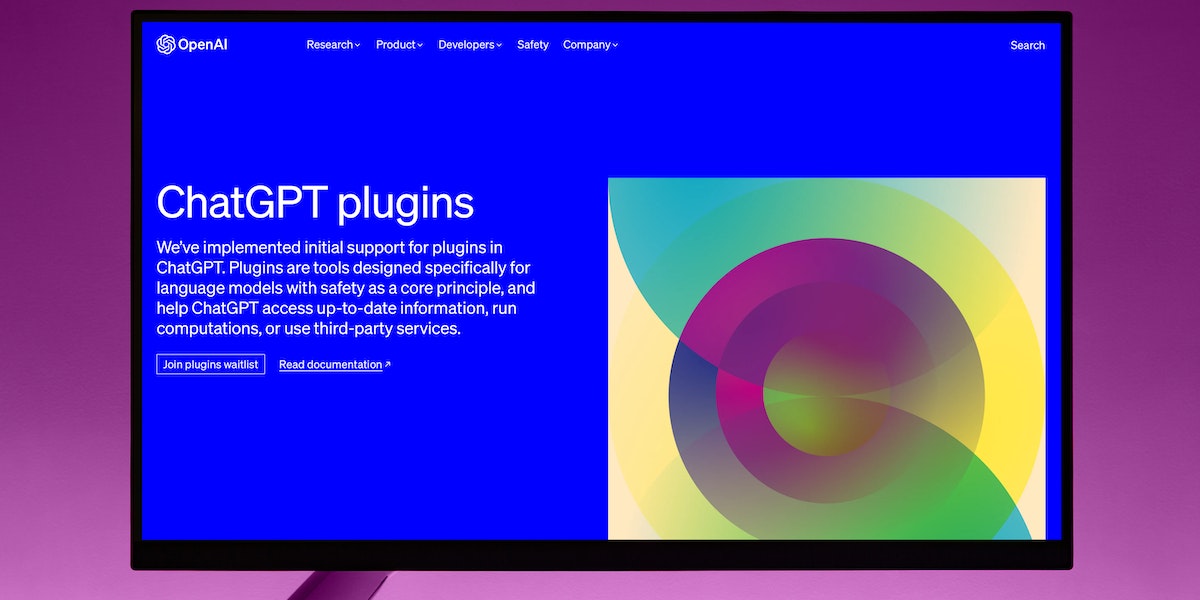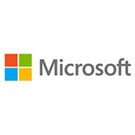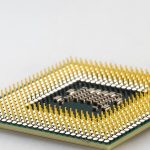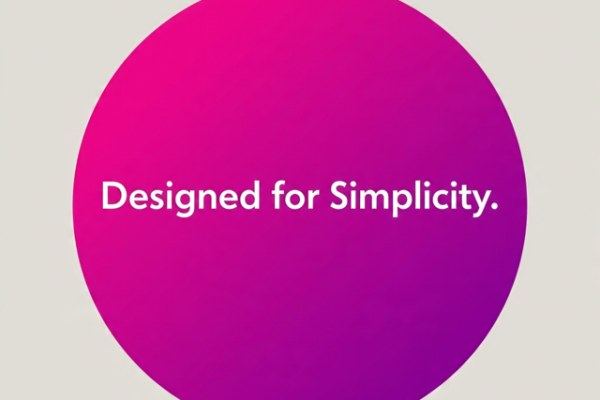
As per reports, Microsoft Corp (MSFT) unveiled a range of AI enhancements, aiming to bridge the gap with Google, owned by Alphabet Inc. These upgrades include improvements to ChatGPT, Bing search engine, and cloud services.
One significant update is the integration of live search results from Bing into ChatGPT, a popular chatbot developed by OpenAI. Previously, ChatGPT relied on information available up to 2021, but now it can access up-to-date data from Bing’s web results. Initially, this feature will be available to paid subscribers and later extended to free users, as announced during the company’s annual Build conference. Additionally, Microsoft is expanding Bing’s plug-ins, aligning with OpenAI’s standards, enabling businesses to engage more effectively with customers through the search engine.
In terms of cloud services, Microsoft introduced new features allowing businesses to develop plug-ins that integrate with Microsoft 365 Copilot, an AI assistant designed for enterprises. Additionally, Microsoft shared its plan to offer a preview of an AI assistant, called copilot, to select users of the Windows operating system, starting in June. The company also announced initiatives to help users determine if images or videos were generated by AI, similar to a recent announcement made by Google.
Redmond, Washington-based American multinational technology company Microsoft (MSFT) develops, manufactures, licenses supports, and sells computer software, consumer electronics, personal computers, and related services. To learn more about Microsoft (MSFT) and to track their progress please visit the Vista Partners Coverage Page.

Vista Partners LLC (”Vista”) is a California Registered Investment Advisor based in San Francisco. Vista delivers timely and relevant insights via the website: www.vistapglobal.com with daily stories, weekly market updates, monthly macroeconomic newsletters, podcasts, & Vista’s proprietary equity and market research to help you stay informed and stay competitive. Vista’s mission is to invest partner capital while arming investors with a comprehensive global financial perspective across all market sectors. Vista also provides select issuers with actionable advice regarding fundamental development, corporate governance, and capital market directives.


Today, Lantern Pharma Inc. (NASDAQ: LTRN, $5.83, +7.96%), a clinical-stage biopharmaceutical company using its proprietary RADR® artificial intelligence (“AI”) and machine learning (“ML”) platform to transform the cost, pace, and timeline of oncology drug discovery and development, announced that the U.S. Food and Drug Administration (FDA) has cleared the investigational new drug (IND) application for LP-184, which is being developed for multiple advanced solid tumors and central nervous system (CNS) cancers. The first-in-human Phase 1A trial for LP-184 is anticipated to launch and dose its first patient during the current quarter. LP-184 is a novel, synthetically-lethal, small molecule that has been developed using insights from Lantern’s AI platform, RADR®. Lantern has been granted multiple Orphan Drug Designations by the FDA for LP-184 in pancreatic cancer, malignant gliomas, and atypical teratoid rhabdoid tumors (ATRT); in addition the FDA granted Rare Pediatric Disease Designation granted for LP-184 in ATRT. The cancer indications being pursued for LP-184 are estimated to have an annual market potential of $11-13 billion; $6-7 billion for solid tumors and $5-6 billion for brain and CNS cancers.

On June 8, Lantern announced it will be leveraging its AI platform, RADR®, in a research collaboration with Bielefeld University (Bielefeld, Germany) to develop antibody-drug conjugates (ADCs) with high therapeutic and antitumor potential. The collaboration will leverage insights from Lantern’s recently developed RADR® AI ADC module in combination with research from Professor Norbert Sewald, Ph.D., the principal investigator for Bielefeld and leader of Magicbullet::reloaded, a European consortium focused on developing novel drug delivery mechanisms, including ADCs. Outcomes from the collaboration are expected to pave the way for next-generation ADCs and other drug conjugates that are designed using AI and that can be developed with potentially higher efficacy, at a faster pace, and with significantly reduced costs. The collaboration with Bielefeld University (Germany) will be led by Professor Norbert Sewald, Ph.D., a leading expert in the synthesis of cryptophycins, development of ADCs, and the coordinator of the “Magicbullet::reloaded” consortium. Lantern is receiving an exclusive and worldwide option to license intellectual property from Bielefeld University related to the collaboration and IP generated from the collaboration. The global ADC market is currently over $4.0 billion and is projected to reach $14.0 billion by 2027.






























































































